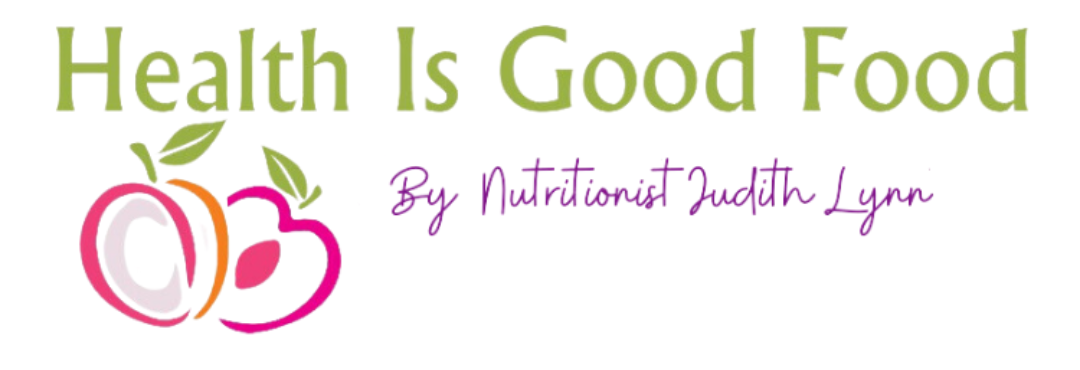How do I resolve Constipation in my Toddler?
Toddler constipation is known as difficulty emptying the bowels. It is particularly common in all ages, although highly common in children who are being potty trained around the age of 2-3 years old. Read on to find out how to prevent and resolve constipation in your toddler.
Symptoms of a constipated toddler
Children show signs of constipation in a number of ways;
- If the stool is large and hard to pass is a sign that the toddler is constipated, this may also cause bleeding during or after they poo.
- Your toddler is not pooing at least 3 times a week.
- The poo looks like rabbit droppings or small pellets.
- Problems pooing by straining or in pain when going to the toilet.
- A poor appetite or stomach pain that improves after they poo.
Your toddler may have a number of these symptoms or just 1 however all relate to constipation, it is important that it is treated.
Why does a toddler become constipated?

The primary cause of constipation in toddlers is pain when moving bowels, this can be either stools being too hard or too large to pass effortlessly.
What Causes Constipation?
- Feeling anxious or worried. There may be something happening such as a new baby coming or starting school which has your toddler worried therefore affecting their toilet habits.
- Feeling pressured during potty training. This can make your toddler not want to go to the toilet causing them to become constipated leading to a vicious circle.
- Not consuming enough fluids. A toddler should be consuming 2-4 cups of fluid each day along with their necessary milk intake.
- A diet low in high fibre foods such as fruit and vegetables. If you are worried about your child’s diet, click below to sign up to our mailing list and receive a FREE diet plan for your toddler.
- Undiagnosed food allergy. If you think that is might be possible start keeping a record of everything your child eats along with symptoms to see if you can identify a trigger food. It is important to seek professional advice from your GP or dietitian regarding this.
For more information on what food your child should be consuming, download our FREE meal plan today.
DOWNLOAD YOUR FREE TODDLER MEALPLAN TODAY

How to avoid constipation in toddlers?
There are many ways in which you can help prevent constipation in your toddler, starting with;
Improve digestion.
If you haven’t already downloaded the FREE meal plan for a toddler do so now, this will help aid you on what to feed your toddler to prevent constipation.
Its extremely important to avoid large amounts of processed foods. Although life can be extremely busy and processed foods are an easier option they are generally high in sugar and low in fibre.
The best way to improve your toddlers digestion is to eat more fibre. Fibre is a fuel for the good bacteria in toddlers tummy which encourages them to grow and multiply. This help to break down fibres and starches from your toddlers food and pass it through the bowel easier.
Make potty training a positive experience.

For most toddlers potty training can be a scary process but it is important that you make it a positive experience. If a child feels like potty training is a punishment, they will try to avoid it which will lead to constipation.
It is important to get your toddler into the habit of sitting on the potty after around 10 minutes of every meal or to reward your toddler with praise whenever they use the potty.
Children go through stages where they have no control over their toilet training and may have ‘accidents’ this can include being sick with a cold or even just being so excited playing that they forget they need the toilet, it is important not to be angry and discourage them from using the potty.
jjjj

Keep toddler active
A toddler requires at least 30 minutes of activity per day. The more active the better, this should include being outside. At this stage activity is vital for the growth and health of a child. The more active a child is the more it will help prevent constipation as the exercise will massage the bowel movements within the body and heal everything move along as need be.
How to treat constipation in my Toddler?
Treating constipation early is important to prevent difficulties later on. There are a number of treatments including:
Diet

Ensure your child gets the right amount of fibre for their age. They don’t necessarily need extra fibre it’s about ensuring they get the right amount for their age.
Fibre requirements vary with age. A child between the age of 2-5 years, should be consuming 15-20g of fibre per day. You can achieve this by Including:
- Child size portions of fruit and veg = half an adult size – approx. 40g in weight = 1 small fruit, half a large fruit, child’s fist size amount of berries etc. Aim for 2-3 portions of fruit per day and 2-3 portions of vegetables.
- Higher fibre breakfast cereal such as porridge/Weetabix etc.
- Switching over to 50:50 style bread or wholemeal.
- Nut butters – these are great on toast, and in sandwiches.
- Some beans and lentils. Add some lentils or beans to stews, curries and chilli etc. Beans and Lentils are an excellent source of fibre. They also contain prebiotics which are food for the good bacteria in our gut and help improve digestion.
- Plenty of fluids. Children need to drink plenty to help move the food they eat through the twists and turns of their gut. Fluid requirements are for a 2-5yr old is from 1200-1500mls per day.
Download our example Toddler Meal Plan
Probiotics and Prebiotics
These are a supplementary treatment that helps relieve constipation in your toddler.
Probiotics
Probiotics are used to restore the natural balances of bacteria in the stomach and intestine. These live bacteria called Lactobacillus and Bifidobacterium help to with the digestion of our food and help to improve our immune system too. They can be increased naturally by improving the fibre content of our diet or through the use of food supplements or infused yoghurts such as ‘Actimel for Kids’ or yakult. These probiotic food supplements are useful to support a healthy diet especially after antibiotic use or gut infections.
They can help with constipation in a child when used in addition to improving the fibre and fluid content of the child’s diet.
Prebiotics
Prebiotics promote well-being and health indirectly by increasing the activity and growth of probiotic bacteria. Prebiotics are actually just a certain type of fibre called GOS (galactooligosaccharides) and fructooligosaccharides (FOS).
They are a type of fibre which feed good bacteria in your large intestine. They are very affective in low doses however may increase gas production in some people, so nourishing your good bacteria at the lowest dose can be important, especially in children with small guts.
You can buy prebiotic supplements containing inulin, which are suitable for toddlers, however it is much better, in the first instance, to ensure that your child is getting adequate amounts of fibre and fluid in their diet as this will naturally increase the prebiotic fibre.
Laxatives
They are are a very common and effective treatment for constipation. Laxatives may not work instantly and may take several months before your child’s toilet habits are back together. However, be patient as your child’s soiling may get worse before it gets better. It is important to approach your GP for proper advice and a prescription for laxatives.
If your child’s constipation does not improve then please contact your GP.
Feeding Toddlers – Online Course
If you want to find out all there is to know about nutrition, portions sizes and overcoming the battles in this challenging stage in your child’s life then click the link below for more information and sign up today.
Get 5% off our Feeding Toddler online course with this coupon code GOODFOODISHEALTHTODDLERS. Make sure to input this when you sign up.
